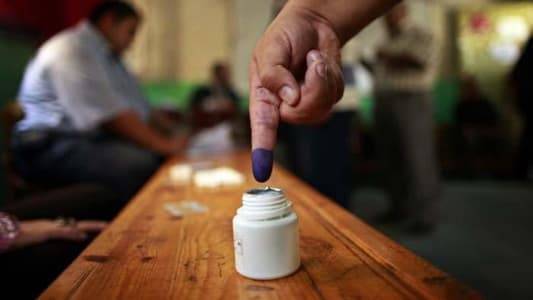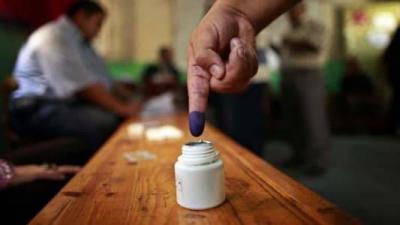Theoretically, the Minister of the Interior in the caretaker government, Bassam Mawlawi, will continue to affirm that municipal elections will take place on time, presumably in May. Likewise, the Prime Minister, Najib Mikati, will not abandon the rhetoric of respecting constitutional milestones, which are expected to open the ballot boxes to renew the local authorities that have been extended for almost a year. Theoretically as well, the Minister of the Interior will adhere to all legal provisions, and just a few days ago, the Ministry of Interior announced the "readiness of the preliminary electoral lists" in accordance with articles 32, 33, and 34 of Law No. 44 dated 17/6/2017, where digital discs containing copies were sent to municipalities, voters, and centers in provinces and districts, as well as to the Ministry of Foreign Affairs and Emigrants for the purpose of dissemination and final reviewing.
Theoretically, the Minister of the Interior is also working to secure the necessary credits to conduct this election, which Mawlawi estimates will cost $8,890,000 at the Sayrafa exchange rate, as he informed the Cabinet. He has directed a letter to the General Secretariat of the Council of Ministers specifying the amount needed while assuring his visitors that he is seeking to secure this amount from European and Western donor agencies. He had previously informed the Defense and Municipalities Committee that the cost is estimated at about $11,350,000.
However, in actuality, the municipal elections are on the "fault line of the system's earthquakes," which could undermine them at any moment. The indicators have become numerous: the first indicator emerged during a meeting of the Parliamentary Defense and Municipalities Committee on January 25, which sought to discuss the Minister of the Interior regarding the referendum. The committee concluded that funding the elections requires holding a legislative session to secure the necessary credits because Minister of Finance Youssef Khalil noted that there are no available funds in the 2022 budget reserve to cover this expense.
The second indicator came from the Minister of Interior himself, who reiterated that "opening the credits requires a legislative session," meaning that the initiative has slipped from his hands even if he succeeds in securing some financial resources through grants.
The third indicator arose yesterday in the context of discussions within the Cabinet, where the Prime Minister requested to delay sending the election law proposal to the Parliament under the premise of waiting for the developments of the presidential election to see if it clarifies the identity of the next president, thus making the initiative dependent upon the expected President, especially since there is still time for this (three months until the deadline). Information Minister Ziad Makari hinted after the session ended at the "possibility of postponing the date of the municipal elections."
The fourth indicator remains unvoiced but comes in the form of a core question: Is it in the interest of the political forces, drowning in crises against the backdrop of ongoing collapses at all levels, to conduct these elections, which would likely open the doors to local and familial and party conflicts? The answer, of course, is no. This consideration likely explains the lukewarm attitude of party machinery that seems entirely unenthusiastic about facing this difficult test, which will pit them against their party bases that will return to their "familial" and "tribal" roots, in addition to the financial costs that they might incur, which they would rather avoid.
Even if we assume the most optimistic scenarios, which involve securing funding from either Western sources or through the approval of a treasury advance in the Parliament, the system does not seem troubled by fostering a climate of doubt regarding the possibility of conducting elections, as this has a negative impact on the morale of both voters and candidates alike, contributing to dampening their enthusiasm and preparations—factors that ultimately benefit the political forces rather than their opponents.
Nevertheless, the Minister of the Interior will find himself ultimately obliged to manage the affairs of more than 1,000 municipalities that will all become dissolved if we reach May without the government managing to conduct the necessary elections, and if the Parliament fails to hold a legislative session to extend the municipal and local councils once again due to the presidential vacancy and the refusal of Christian forces to legislate. All of these factors place the elections on the "fault line of the system's earthquakes"!




